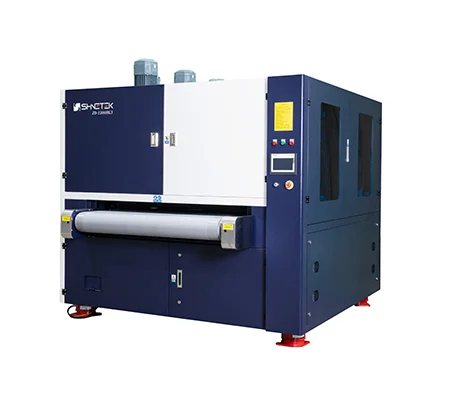In the modern world, electronic switches are integral components that facilitate the seamless operation of various devices and systems. From consumer electronics to industrial machinery, the applications of electronic switches are vast and diverse. This article delves into the multifaceted uses of electronic switches, exploring their significance across different sectors and highlighting the technological advancements that have enhanced their functionality.
Understanding Electronic Switches
At their core, electronic switches are devices that control the flow of electrical current in a circuit. Unlike traditional mechanical switches, electronic switches utilize semiconductor materials to achieve faster switching speeds, greater reliability, and reduced power consumption. Common types of electronic switches include transistors, MOSFETs (Metal-Oxide-Semiconductor Field-Effect Transistors), and relays. Their ability to operate at high frequencies and handle significant power loads makes them indispensable in various applications.
- Consumer Electronics
One of the most visible applications of electronic switches is in consumer electronics. Devices such as smartphones, laptops, and televisions rely on electronic switches to manage power distribution and signal processing. For instance, in smartphones, MOSFETs are used to control power to different components, ensuring efficient battery usage and optimal performance. Additionally, electronic switches enable features like touch sensitivity and screen dimming, enhancing user experience.
- Automotive Industry
The automotive sector has witnessed a significant transformation with the integration of electronic switches. Modern vehicles are equipped with numerous electronic systems, including infotainment, navigation, and advanced driver-assistance systems (ADAS). Electronic switches play a crucial role in these systems by managing power distribution and enabling communication between various components. For example, in electric vehicles (EVs), electronic switches are essential for controlling the battery management system, optimizing energy consumption, and enhancing safety features.
- Industrial Automation
In the realm of industrial automation, electronic switches are pivotal for controlling machinery and processes. Programmable Logic Controllers (PLCs) utilize electronic switches to execute commands and manage operations in manufacturing plants. These switches facilitate real-time monitoring and control, allowing for increased efficiency and reduced downtime. Moreover, electronic switches are integral to the operation of sensors and actuators, which are essential for automation systems in industries such as food processing, pharmaceuticals, and automotive manufacturing.
- Telecommunications
The telecommunications industry heavily relies on electronic switches to manage data transmission and routing. In network infrastructure, electronic switches are used in routers and switches to direct data packets efficiently. This capability is crucial for maintaining high-speed internet connections and ensuring reliable communication. Furthermore, advancements in optical switching technology are paving the way for faster and more efficient data transfer, which is essential for the growing demand for bandwidth in today’s digital landscape.
- Renewable Energy Systems
As the world shifts towards sustainable energy solutions, electronic switches are becoming increasingly important in renewable energy systems. In solar power installations, electronic switches are used in inverters to convert direct current (DC) generated by solar panels into alternating current (AC) for use in homes and businesses. Additionally, electronic switches are vital in energy storage systems, where they manage the charging and discharging of batteries, ensuring optimal performance and longevity.
- Medical Devices
In the medical field, electronic switches are crucial for the operation of various devices, from diagnostic equipment to therapeutic machines. For instance, electronic switches are used in MRI machines and ultrasound devices to control the flow of electricity and manage data acquisition. The reliability and precision of electronic switches are paramount in medical applications, where any failure could have serious consequences for patient safety.
Conclusion
The applications of electronic switches are vast and varied, permeating nearly every aspect of modern life. From enhancing consumer electronics to driving industrial automation and supporting renewable energy systems, electronic switches are fundamental to the functionality and efficiency of countless devices and systems. As technology continues to advance, the role of electronic switches will only expand, paving the way for innovations that will shape the future of various industries. Understanding where electronic switches are used not only highlights their importance but also underscores the need for ongoing research and development in this critical area of technology.

Average Rating